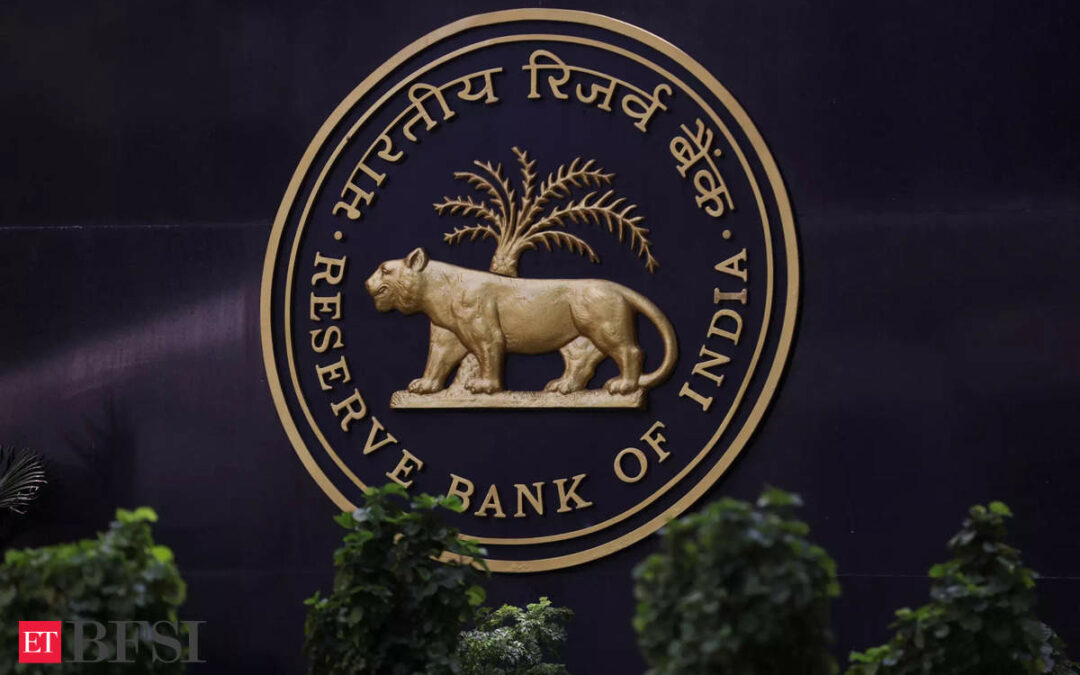Mumbai: Increasing enforcement of penalties by the Reserve Bank of India (RBI) last fiscal are reflected in the sharp jump on bank payments under such heads during the year.
Reserve Bank of India (RBI) data in the annually published Trend and Progress of Banking in India 2023-24 shows that the total penalties paid by public sector banks increased six times to ₹24 crore in FY24. Private sector banks also paid a total of ₹25 crore in FY24, up two times from ₹12 crore paid in FY23.
So far this fiscal up to November, the RBI has imposed monetary penalty on 169 regulated entities with an aggregate penalty of ₹34 crore for non-compliance with/contravention of statutory provisions or directions issued by the RBI.
Analysts watching the central bank’s actions closely say that regulatory action has been increasingly tough in the last few years as the RBI no longer does a yearly check of banks but a real-time monthly check. Regulated entities have to report on a set of multiple parameters to ensure that nothing is amiss.
“The days of a yearly review are over. Banks can now be asked any question anytime. If any of the set parameters throw up something extraordinary compared with industry trends then lenders have been asked to explain,” said Asutosh Mishra, head of research, Ashika Stock Broking.
Mishra said the inflection point was the near-collapse of Yes Bank, and its end would have created a systemic issue. Since then, the regulator has tightened enforcement and increased surveillance to ensure issues are nipped in the bud.
Private sector Yes Bank was rescued in an extraordinary RBI-managed restructuring plan in March 2020. State Bank of India (SBI) invested ₹11,760 crore for a 49% in the lender, saving it from a virtual collapse.
Since then, the RBI has stepped up its vigilance, imposing fines and more importantly even banning large lenders like HDFC Bank from issuing credit cards in December 2020 or Bank of Baroda from on-boarding customers onto the ‘BoB World’ mobile application in October 2023.
It directed Bajaj Finance to halt the sanction and disbursal of loans under its lending products ‘eCOM’ and ‘Insta EMI Card’, in November 2023.









